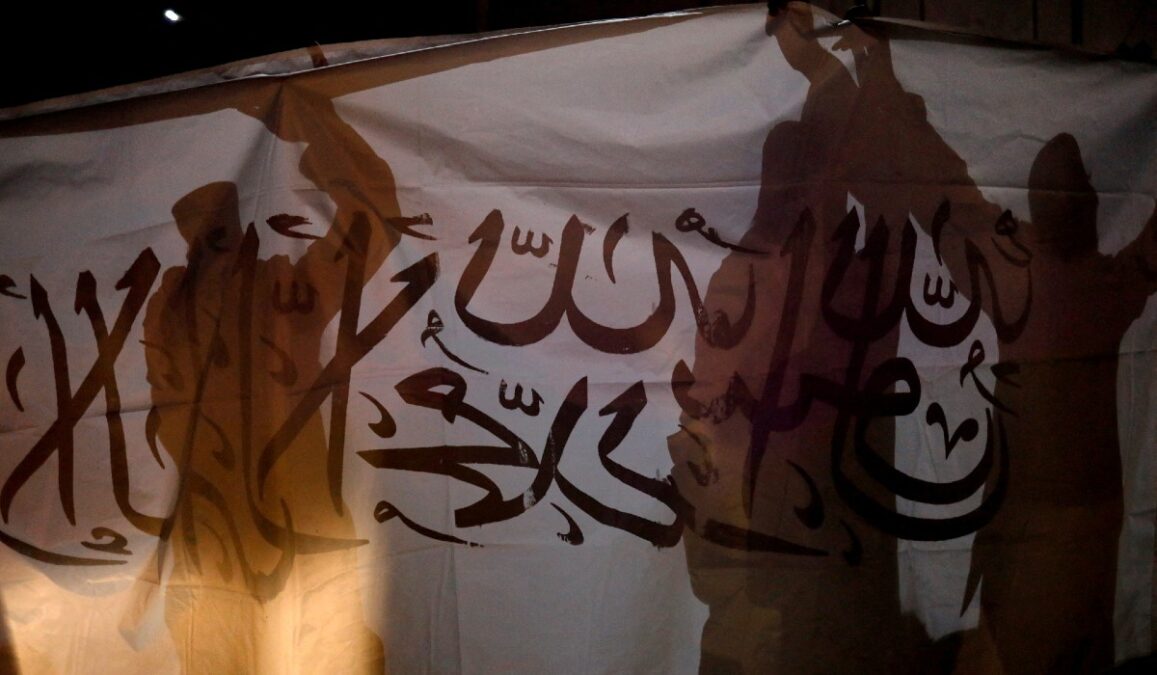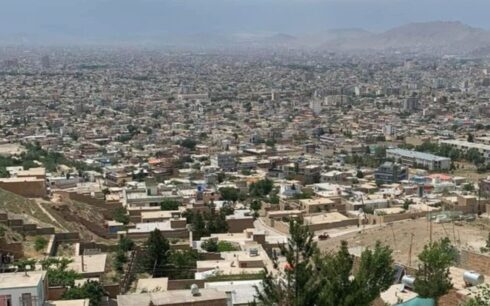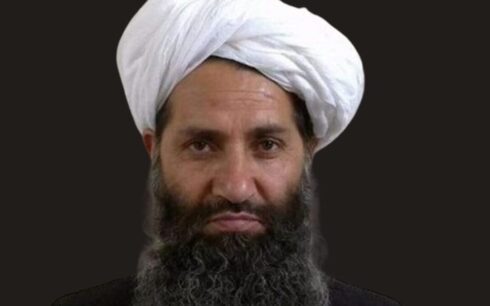KABUL, Afghanistan — The Taliban’s leader, Hibatullah Akhundzada, has reportedly ordered stricter control over domestic and international NGOs operating in Afghanistan, with an ultimatum that they either function under Taliban supervision or shut down entirely, sources told Amu.
During a meeting with Taliban cabinet in Kandahar last week, Akhundzada demanded full access to the budgets and administrative operations of NGOs, the sources said. The meeting, held Wednesday and Thursday, included top Taliban officials and ministers.
In Kabul, sources confirmed that the Taliban have begun scrutinizing the activities of numerous organizations over the past two weeks. NGOs have reportedly been informed that Taliban representatives must now be involved in hiring processes and project management.
A Looming Humanitarian Crisis
Akhundzada’s directive comes as Afghanistan faces a harsh winter, widespread unemployment, and extreme poverty. Civil society activists and international observers warn that shutting down aid organizations would have devastating consequences.
“Given the current conditions of poverty, unemployment, and the looming harsh winter, shutting down aid organizations—especially foreign relief agencies—would be a catastrophe for Afghanistan,” said Aziz Rafaee, an Afghan civil society activist.
Former Afghan Foreign Minister Hanif Atmar echoed these concerns on social media, warning that Akhundzada’s policy could trigger “an unimaginable disaster” if it extends to all NGOs, including UN agencies. “Afghanistan’s political and economic relations with the outside world will suffer significantly,” Atmar said.
According to the Taliban’s Ministry of Economy, 6,109 domestic NGOs and 525 international NGOs are currently registered in Afghanistan. A recent UN report revealed that Taliban interference in humanitarian operations has already forced the suspension of 34 aid projects. In October alone, 104 cases of Taliban meddling were documented, primarily involving the Ministry for the Promotion of Virtue and Prevention of Vice obstructing aid distribution.
International Aid Under Threat
International donors have repeatedly conditioned their support on non-interference by the Taliban, insisting that aid be delivered independently through NGOs. A U.S. Special Inspector General for Afghanistan Reconstruction report underscored this stance, emphasizing that U.S. funds should not benefit the Taliban, which remains unrecognized as a legitimate government.
UNICEF has projected that nearly 23 million Afghans, including more than 12 million children, will need humanitarian assistance in 2025. Experts warn that Akhundzada’s hardline approach to NGOs will further exacerbate Afghanistan’s already dire humanitarian crisis.
“The international community’s ability to provide aid directly to those in need is critical,” said Seyed Masoud, a university lecturer. “Any move to limit NGOs will worsen the suffering of ordinary Afghans and deepen the isolation of the Taliban regime.”
As Afghanistan’s humanitarian and political challenges mount, the Taliban’s actions risk cutting off vital lifelines for millions of vulnerable citizens.





